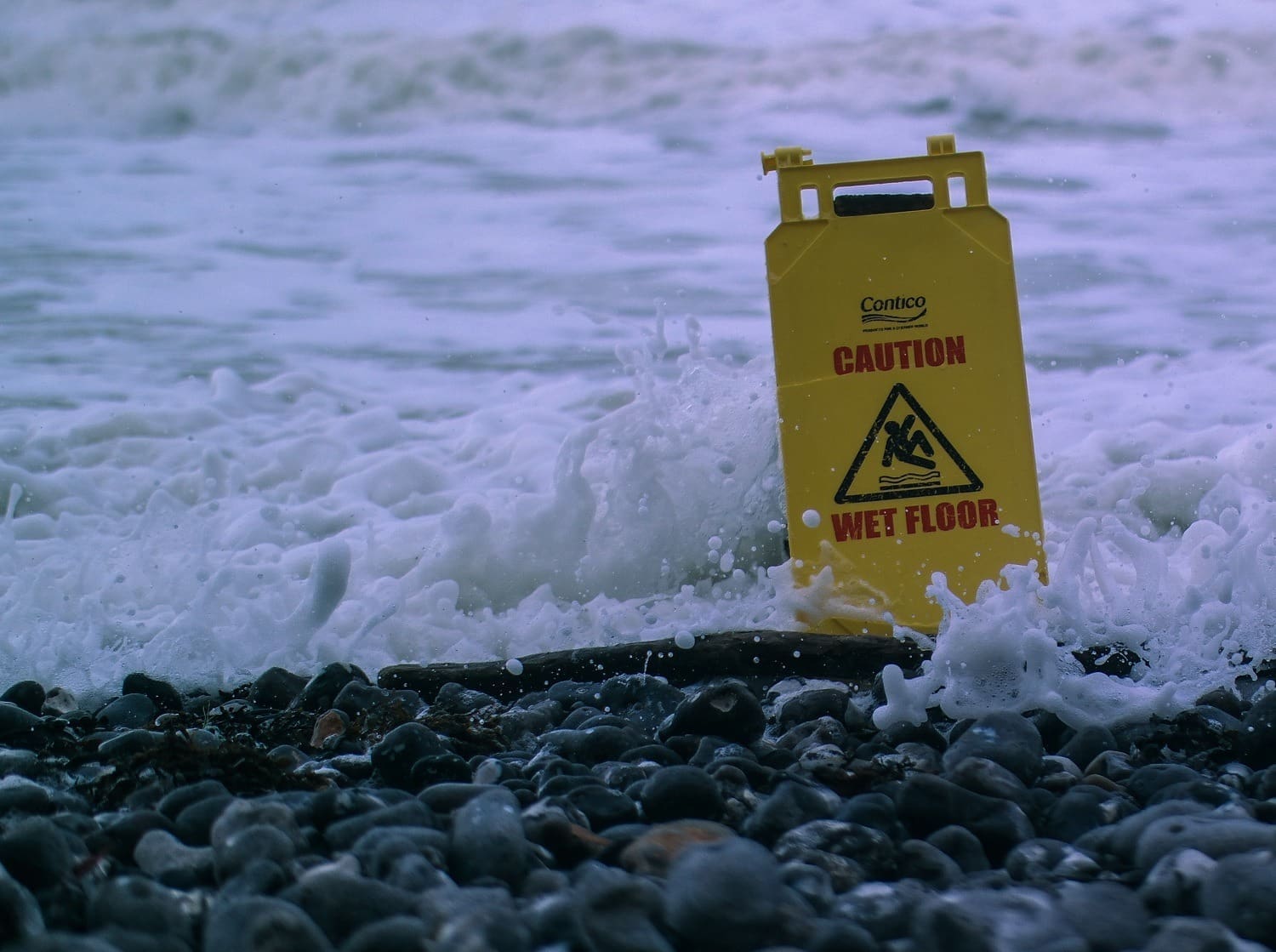Small to Medium businesses are becoming increasingly aware of the importance of risk management but it’s still a challenge for businesses.
Small and medium-sized enterprises (SMEs) are becoming more risk aware. In 2013 Zurich found that 53 per cent are spending more time on their business strategy and risk management than they did before the financial crisis. Indeed, 35 per cent are doing more long-term financial planning, while 33 per cent are looking at their business continuity plans on a much more regular basis.
This bodes well for supply chain resilience and, ultimately, growth. In ‘Supply chain perspectives and issues: A literature review’, the World Trade Organisation explained that “SMEs are playing increasingly significant roles as actors in global supply chains”.
“International organisations consider them as important drivers of development, and are supporting their entry into international markets through global supply chains,” the study stated. “They are already integrated as suppliers of commodities and low cost labour in developing countries and as innovators and technology specialists in developed countries.”
As SMEs become more active in supply chains, their ability to manage risk becomes more important. However, with often limited resources, getting control of threats is much easier said than done.
SMEs are often fearful of taking on debt, meaning investment in risk-prevention strategies is sometimes limited. The government’s SME Barometer from February 2014 showed that of those companies who did not seek finance over the last six months, 24 per cent said they didn’t want to take on additional risk. Micro companies were more likely to cite this (26 per cent), followed by small companies (18 per cent) and medium-sized businesses (15 per cent).
Nevertheless, investment in risk management is important, whether increasing transparency beyond first-tier suppliers to ensure compliance or deploying risk-minimising technologies.
The Zurich Index revealed that weather, technological vulnerabilities and workforce challenges are currently affecting SMEs. Thirty-nine per cent have worries about the problems associated with technology, with a failure of a local network system cited as one of the biggest technological risks by 36 per cent.
Thirty-six per cent are also worried about the ageing workforce, which could cause capacity problems within the supply chain.
Meanwhile, the weather is presenting yet another challenge. Richard Coleman, director of SME at Zurich Insurance, said: “Only three per cent of SMEs report that flood prevention measures are one of their three most serious operational risks. With flooding in recent months causing disruption to many businesses, it’s likely that many SME owners need to consider moving major incident risk management closer to the top of their priority list.”
Figures are suggesting that further investment is needed when it comes to health and safety. A study from AXA UK showed 24 per cent of SMEs have had an employee or former employee claim against their Employers’ Liability insurance over the past five years.
To get on top of risk, SMEs need access to full-service, cost effective solutions. At Achilles we offer supply base and supply chain risk management solutions. This enables businesses to benefit from supplier data consolidation on a single platform and systematic risk management and compliance.
Our support teams, qualified auditors and trusted third-party data feeds into your fully managed supply data capture and validation programme. What’s more, we provide tools for buyers to view performance and risk, prioritise suppliers and manage sourcing activities across the supply base.
With accurate and consistent supplier data across your systems and risk management information for stakeholders, it’s possible to get control of potential threats within the supply chain, whether you are a large organisation or an SME.



